The Role of the Council of Europe in Challenging Times
The Council of Europe Turns 70
2019 has been a year of many political challenges but it is also a year of celebration, since it is the 70th Anniversary of the Council of Europe.
Therefore, on 25 November 2019, the European Centre for Advanced Studies, together with Leuphana University Lüneburg and the Ministry for Federal and European Affairs and Regional Development of Lower Saxony, will celebrate the 70th anniversary of the Council of Europe with a conference on the topic
“The Role of the Council of Europe in Challenging Times”.
The end of the year is not only a good time to reflect on the past, but also to take a look into the future. The Council of Europe was founded in 1949 in response to the Second World War and as such has the task of promoting and safeguarding democracy, human rights and the rule of law throughout Europe. To date, 47 States have acceded to the Council of Europe. The European Court of Human Rights is probably its most well-known body, judging on violations of the European Convention on Human Rights.
The conference will focus on issues such as the general role of the Council of Europe in promoting and safeguarding democracy, human rights and the rule of law, its achievements to date and challenges, both existing and future. Renown experts will critically examine and discuss issues such as the role of non-EU Member States in the Council of Europe and the impact of digital transformation on the Council of Europe and its work.
We look forward to welcoming you to this event!
Registration: Participation in the conference is free of charge. Due to limited seating, please confirm your participation until 21 November 2019 at kpeper@leuphana.de.
Date: Monday, 25th November 2019, 9:30 a.m. – 5 p.m.
Venue: Libeskind Building, 6th Floor
Leuphana University Lüneburg
Universitätsallee 1
21335 Lüneburg/Germany
Organizers:
Ministry of Federal and European Affairs and Regional Development of Lower Saxony
Leuphana University Lüneburg
European Centre for Advanced Studies (ECAS)
You can find the entire Conference Programme here.

